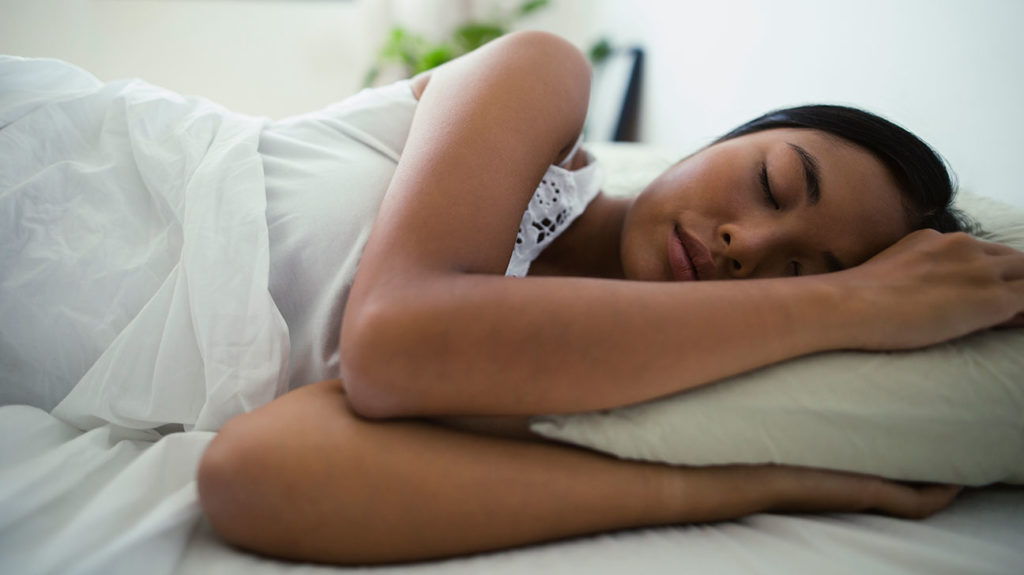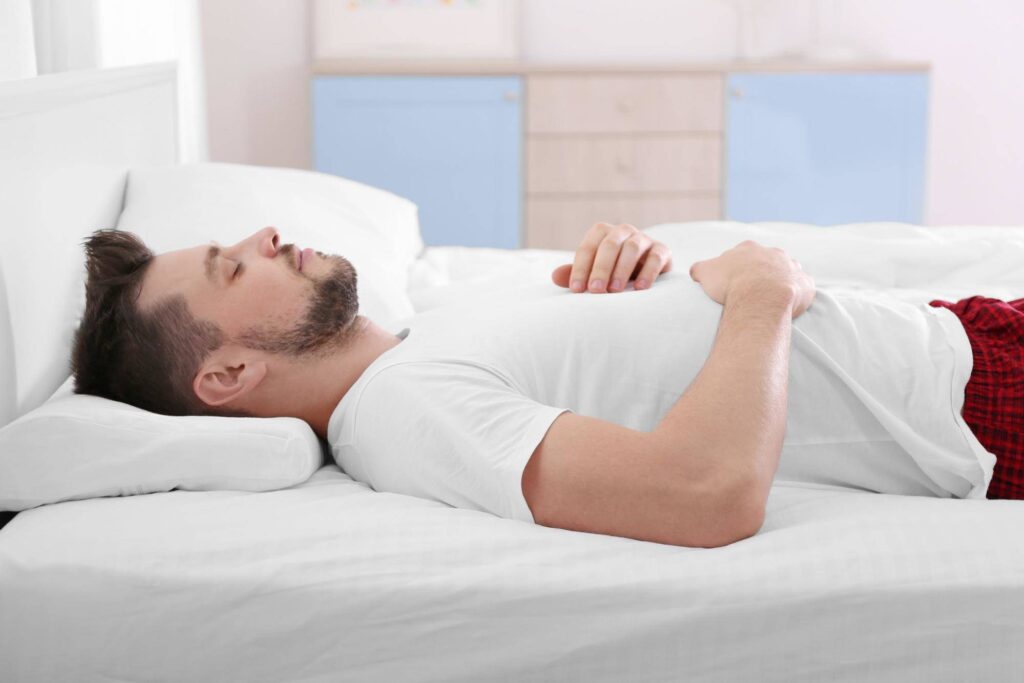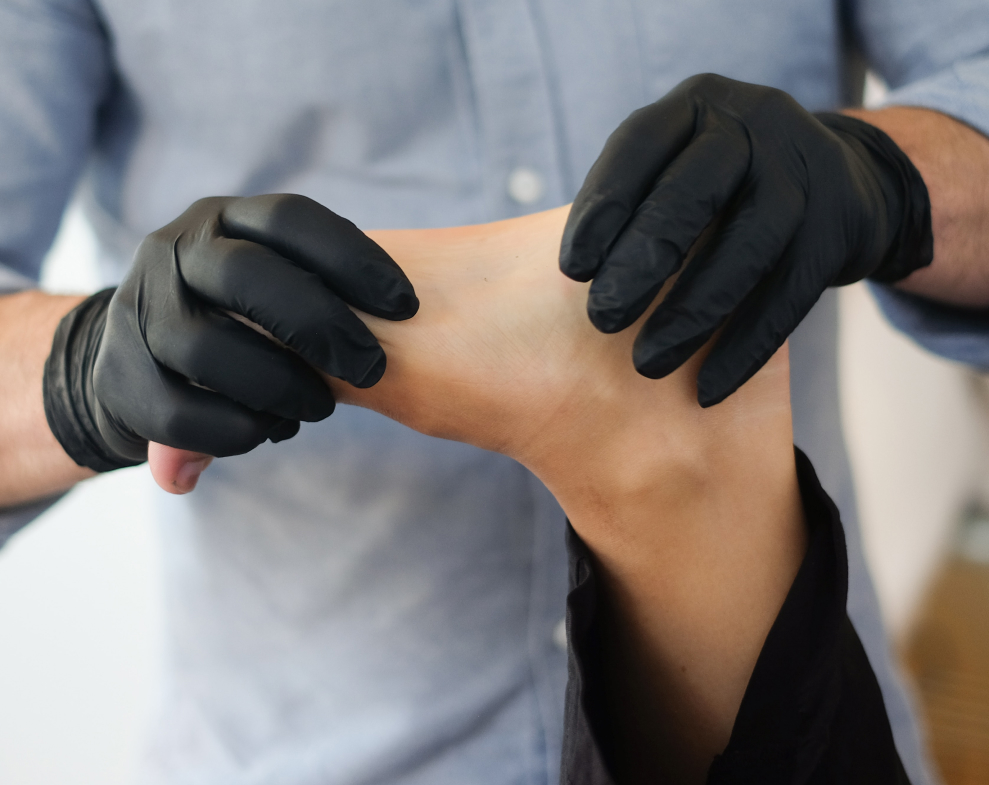Top 3 positions in the bed…
Sleeping Positions and how it affects your body?
People often complain of pain in various body parts when they wake in the morning. Common culprits are the neck, shoulder, lower back and hips. Often these morning aches can be attributed to how we have slept during the night, and can be fairly simply addressed.
Are you a front sleeper?

Sleeping on your front puts a lot of stress through the neck and often results in difficulty and discomfort in turning your head in the morning. Simply needing to breathe means front sleepers will always have their head turned one way or the other, and considering the amount of time you’re asleep that’s a big ask of your neck! Front-sleeping is usually considered the least-desirable option due to the effect it has on the neck. As in intermediate step, you could try placing a pillow under your chest to take some of the pressure off your neck, but the best thing in this situation is to try and train yourself to sleep in a different position (on either your side or back).
Are you a side sleeper?

Sleeping on your side is a better option than front-sleeping, and is usually much better for your neck. A good contour pillow is especially helpful to give side-sleepers adequate neck support. Side-sleepers waking with shoulder pain may benefit from placing an extra pillow underneath their torso (just under the armpit), thereby creating a channel for your lower arm to rest it. If you’re a side-sleeper that wakes with lower back or hip pain try sleeping with a pillow between your knees to take some of the weight off your pelvis and lumbar spine.
Are you a back sleeper?

Sleeping on your back is ideal, so great work if that’s you! The most common complaint from people sleeping on their back is pain or tension in the lower back, usually caused by tight psoas muscles. Try putting a pillow underneath your knees to take some strain out of the lower back.
Should you be experiencing any of the above and find that these measures don’t resolve the situation, massage may help to treat your symptoms and an assessment of your sleeping position can be beneficial also.
Get in touch with us to book in for a massage or talk to your physio.






